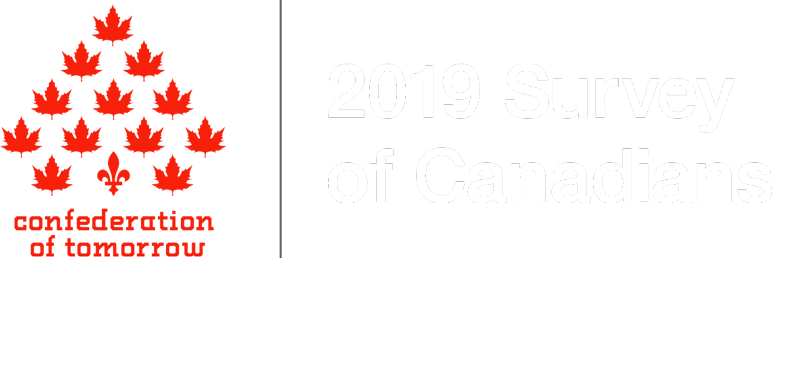
Even as Canada’s era of constitutional deal-making and referendums fades from memory, the political agenda remains full of unresolved issues that can easily divide Canadians along the fault-lines of region and identity. The crisis in the oil and gas sector has heightened the controversies surrounding not only energy and environmental policies, but the broader wealth-sharing arrangements within the federation. The recent Quebec election witnessed historically low levels of support for both avowed sovereignist and avowed federalist parties. Atlantic Canada continues to search for ways to offset its declining demographic and economic clout, while the emerging North seeks space on the national agenda. And the lack of concrete actions to match verbal commitments towards reconciliation with Indigenous Peoples threatens to undermine the country’s harmony at home and reputation abroad.
These issues are being considered by governments, think tanks and the media but it is also essential to hear from the rest of Canadians, who have both a say and a stake in the outcomes.
For this reason, six leading organizations from across the country have come together to conduct one of the country’s largest and more comprehensive studies of public opinion about the Canadian federation. The survey of 5,732 Canadians provides a unique window into the attitudes and priorities of Canadians in all 13 provinces and territories, as well as an oversample of Indigenous Peoples (First Nations, Métis and Inuit). Many of the questions included on the survey were drawn from previous national surveys stretching back to the 1980s, providing a valuable basis for understanding how public opinion has changed (or not) over time.
The study was conducted by the Environics Institute for Survey Research, the Canada West Foundation, the Mowat Centre, the Centre D’Analyse — Politique Constitution Fédéralisme, the Institute for Research on Public Policy, and the Brian Mulroney Institute of Government at Saint Francis Xavier University.